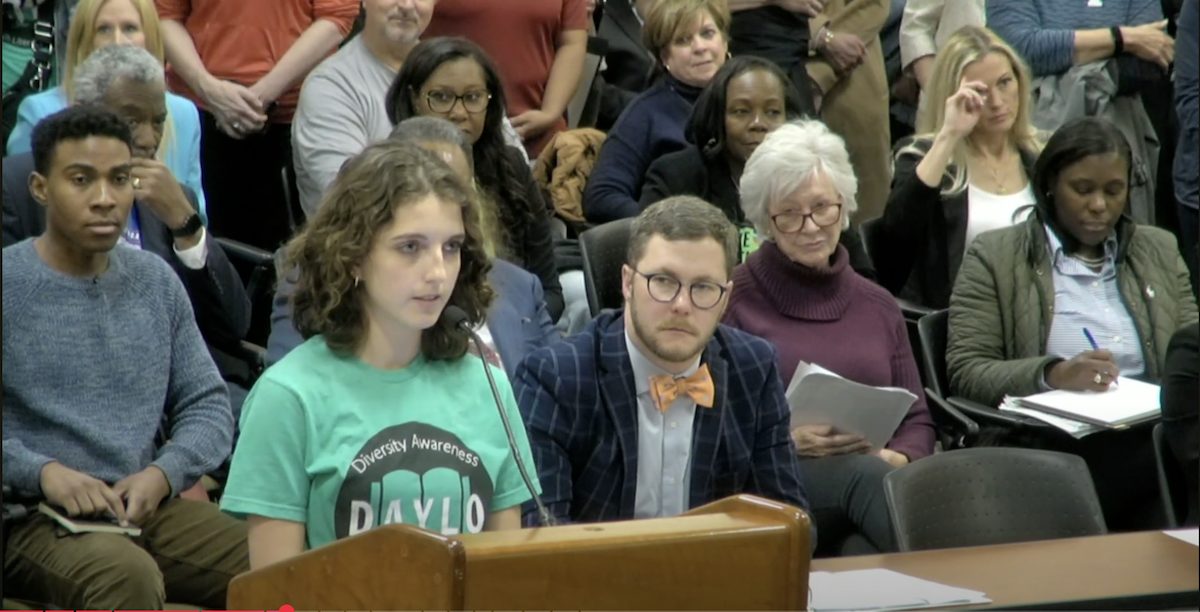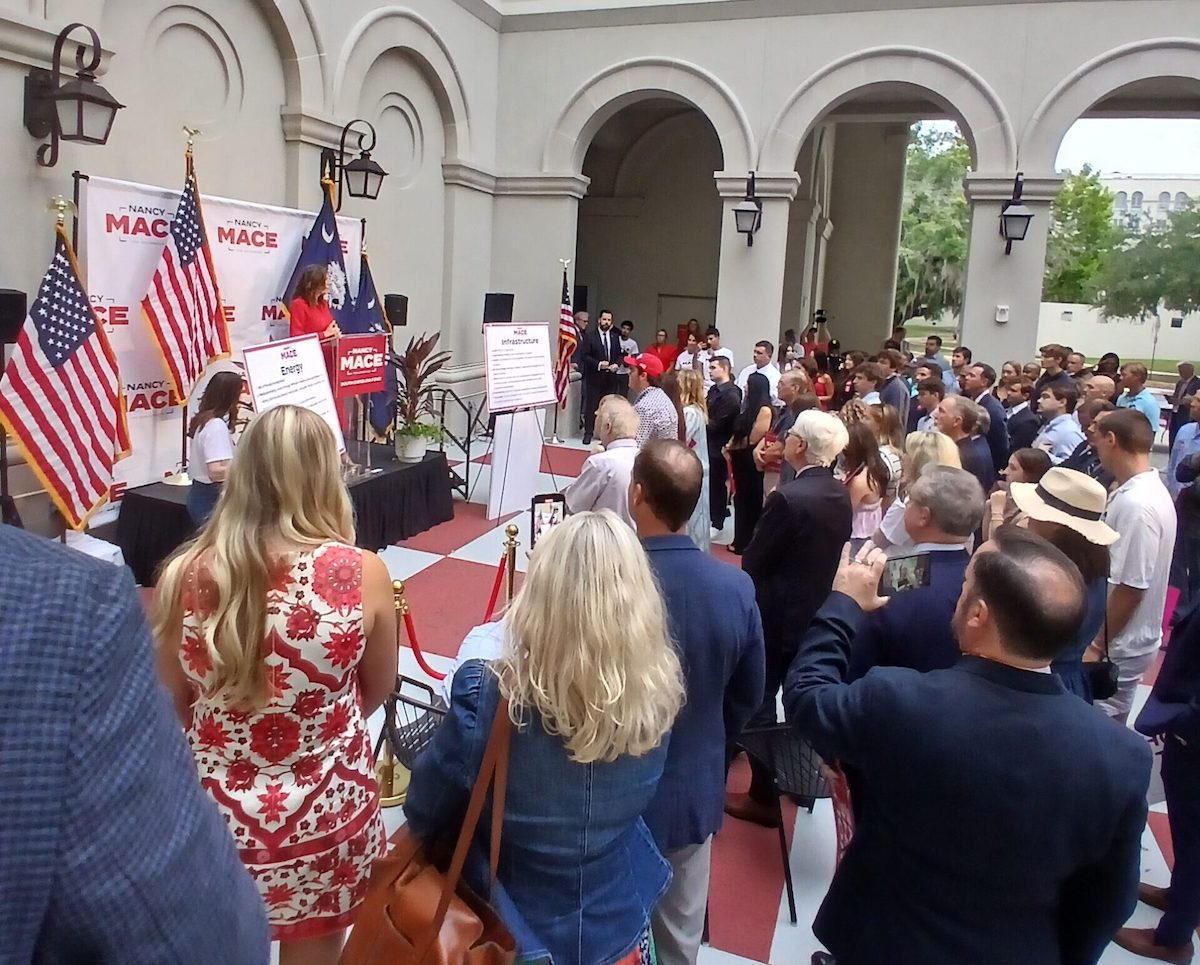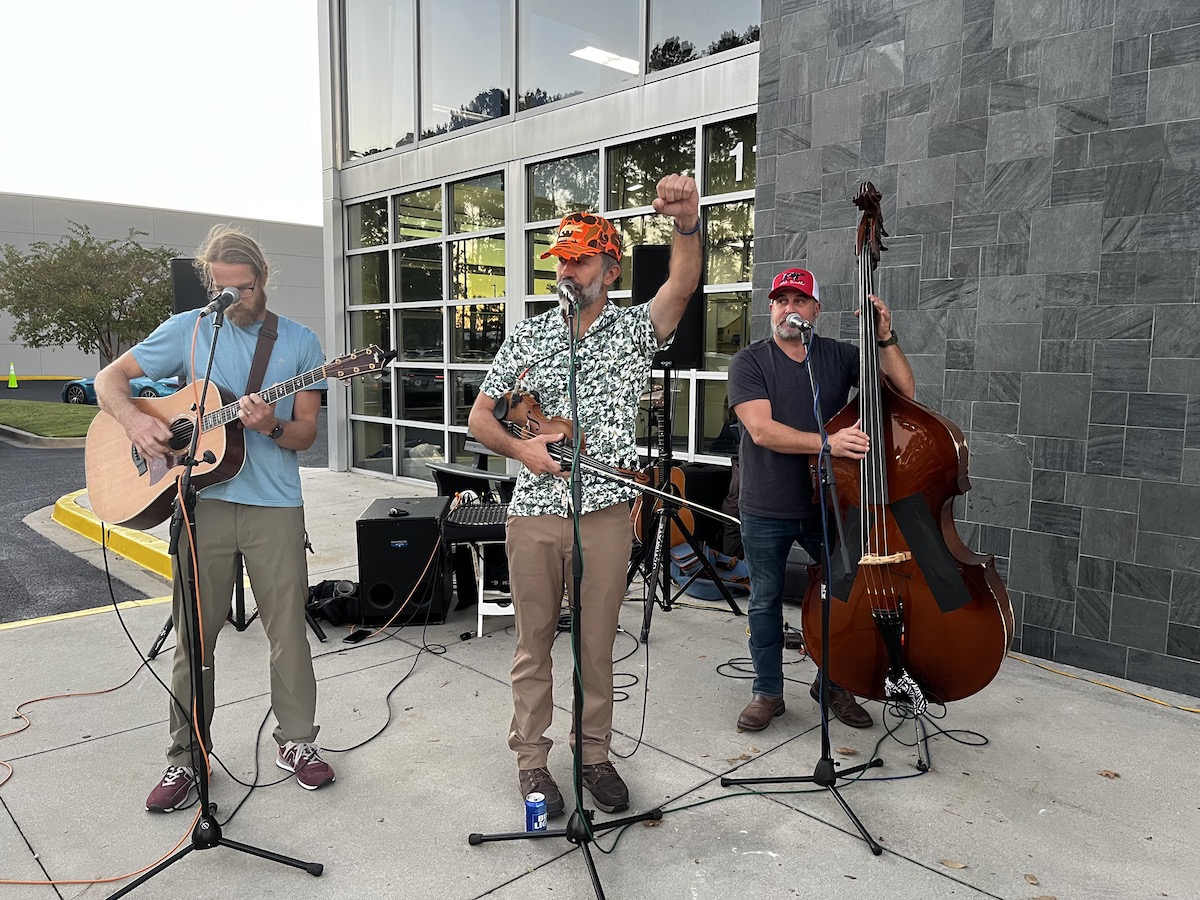Agency’s Columbia detention center at nearly double capacity
By Skyler Laird
SCDailyGazette.com
COLUMBIA — The state’s juvenile justice department will rent a closed wing of the Greenville County jail in a bid to relieve overcrowding at its Columbia detention center for youth awaiting sentencing.
The plan, which a committee of legislators approved Monday, follows years of overcrowding, understaffing and dangerous conditions for both officers and youth at the Department of Juvenile Justice’s facilities.
The five-year lease on the Greenville building, which could start Jan. 1 if the state and county are able to come up with an agreement by then, is expected to cost the state nearly $3.3 million.
Greenville County closed its youth detention center in March 2022, moving the officers overseeing the children there to the jail’s adult wing. The move was supposed to be temporary as the county searched for more detention officers, but two years later, the facility remains closed.
Richland County closed the juvenile wing of its detention center over the summer, also to put more detention officers in the adult side of the jail, which is under investigation by the federal Department of Justice over deaths, claims of understaffing and filthy living conditions.
The closure of Richland County’s youth detention center sent about 45 children and teens to DJJ custody. Some are in the juvenile detention center, and others are in a “secure satellite location,” said agency spokeswoman Michelle Foster, declining to be any more specific.
The pre-trial juvenile detention center on Shivers Road in Columbia had 141 youth Monday, nearly double its capacity of 72, Foster told the SC Daily Gazette.
Richland County’s decision “has only compounded this already bad situation,” DJJ Director Eden Hendrick said in a letter to the Department of Administration requesting permission to lease the Greenville facility.
The 22,000-square-foot Greenville detention center can hold up to 47 children, but its true capacity will depend on how many staff the agency can hire to oversee the children housed there. The plan is to hire enough people to watch 40 juveniles, Foster said.
Based on how long it typically takes to hire qualified officers, “40 youth will not be able to be in the Greenville facility for quite some time,” Foster said in an email.
That still wouldn’t bring the number of youth at the complex down to the facility’s capacity, but it would reduce some of the burden on staff there, “creating a safer environment,” she added.
“Continuous overcrowded conditions at (the juvenile detention center) have placed unprecedented expectations on the agency to serve double the amount of youth, many of whom have serious medical and mental health needs,” Foster said in an email. “The overcrowded conditions are a safety threat to both the youth and the staff who work at (the detention center).”
Teens have destroyed cinderblock walls in an effort to get to staff and other youth, making it impossible to secure dorms, the agency wrote in requests for contracts to repair the damage earlier this year. A lawsuit by the American Civil Liberties Union (ACLU) claims that black mold has made the juveniles housed in the agency’s facilities sick, that toilets have been stopped up for weeks and that overcrowding forced children to sleep on hallway floors.
Counties are not legally obligated to house youth, and sending them to state-run facilities is often cheaper, at a cost of $50 per youth per day instead of the hundreds it often takes to actually care for a teenager. Charleston County runs the only other juvenile jail in the state, which it opened in 2022.
Budget request
Also in an effort to reduce overcrowding, the agency is asking legislators for $200 million in this upcoming budget cycle to build a new detention center.
The agency’s current detention center was built to hold youth for no more than 30 days, but because of court backlogs, some stay months, or even years. The building has no inside recreational space or private rooms for youth to meet with attorneys or therapists. The current classrooms and infirmary are not big enough to treat the number of people housed there, according to the budget request.
Along with fixing some of those problems, the new facility would hold up to 120 children ages 12 to 19, helping reduce overcrowding, the department wrote.
Last year, legislators allocated $17 million to repair the buildings on the agency’s Broad River Road campus, which houses youth who have been sentenced. But around 60% of the agency’s 155 buildings remain “in various stages of disrepair,” the department wrote in its budget request.
The $200 million, if the agency received its entire request, would add onto $16 million the Legislature put toward building a new detention center in the 2023-2024 budget. That would kickstart a years-long plan to fix problems at the existing facility.
A May 2024 assessment, which was part of that plan, “found that the agency would need to spend millions of dollars to maintain the current state of facilities, but this will not resolve the many operational inefficiencies and safety deficiencies,” the request reads.
A new detention center would resolve at least some of those problems, the request reads.
Skylar Laird covers the South Carolina Legislature and criminal justice issues. Originally from Missouri, she previously worked for The Post and Courier’s Columbia bureau. S.C. Daily Gazette is part of States Newsroom, the nation’s largest state-focused nonprofit news organization.











